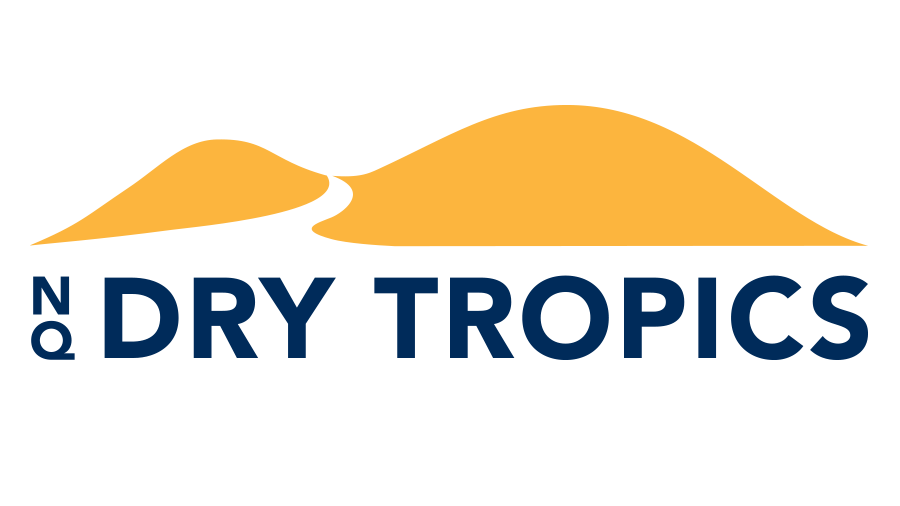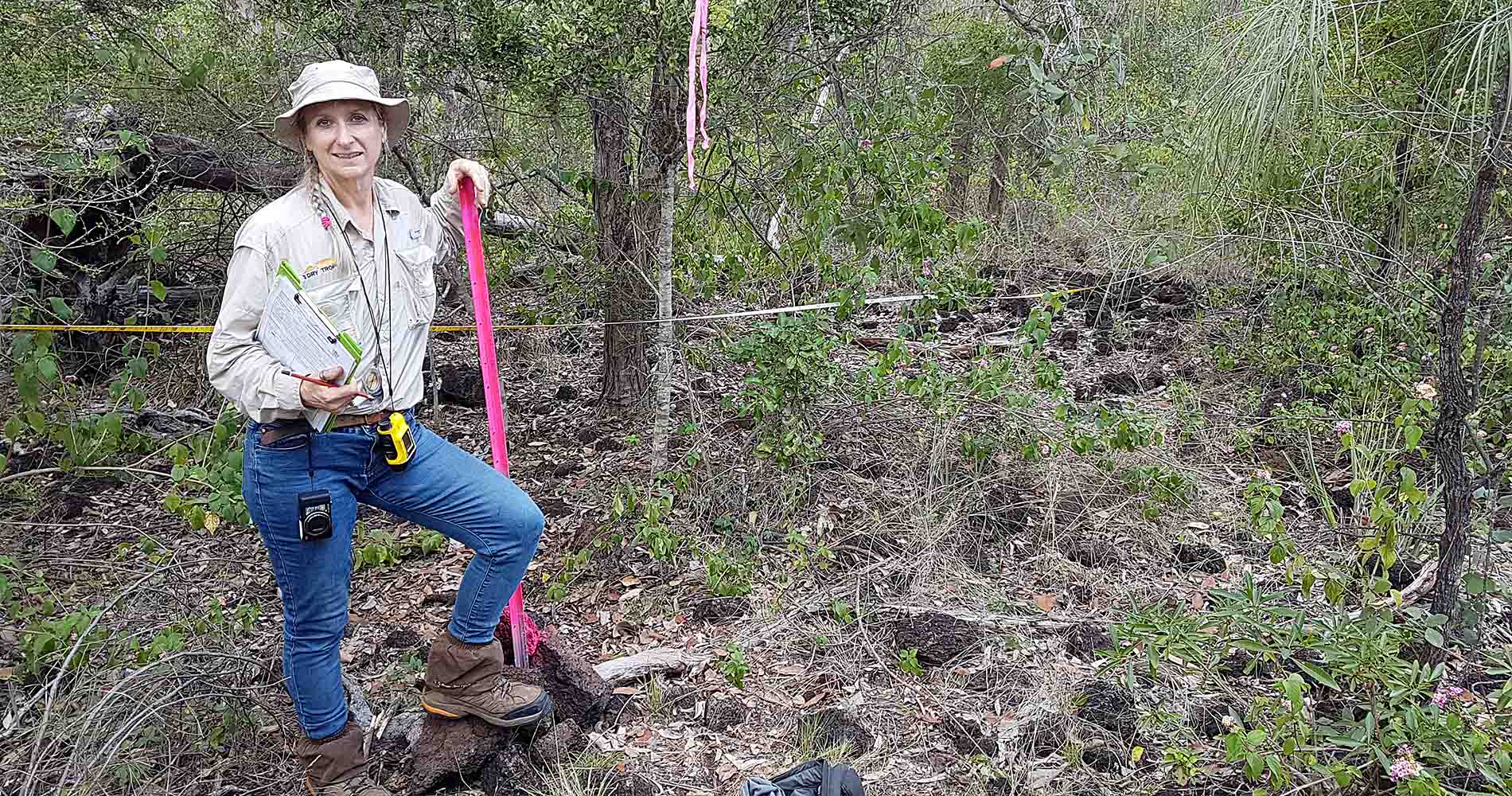Linking graziers to frontage country improves land and soil condition
NQ Dry Tropics is working with landholders in the Upper Burdekin catchment to find ways to manage grazing pressure to maintain productive frontage pastures and minimise impacts on waterways and wetlands.
The Linking Burdekin landholders to their frontage country for vegetation, and soil quality gains project, funded by the Natural Resources Investment Program, is taking a ‘ground-up’ approach that combines landholders’ knowledge with the latest scientific research to develop and trial solutions designed to remove social, financial and technical barriers to practice change.
Two cluster groups, of neighbouring properties, in the Upper Burdekin Basin have been established, to help landholders, supported by industry experts, to develop a suite of tailored complementary property management activities that will improve land condition and water quality outcomes as well as optimise animal production.
NQ Dry Tropics Protecting Biodiversity Project Officer Jaymie Rains said landholders would consider a range of practice change activities including managing grazing pressure and time with fencing, strategically placing off-stream water points and supplementary feed sites, controlled fire regimes, and controlling pests such as feral pigs, as part of an integrated pest management plan.
“These activities, held in conjunction with ‘Walking the Landscape’ field days, along with education, training and technical support, will help landholders develop their skills and knowledge to implement improved land management practices to better manage stream frontages and connected riparian areas,” Ms Rains said.
It is expected that the cluster groups will provide a support mechanism for landholders who are participating in the project, but more broadly, promote stewardship and legacy outcomes for landholders in the Upper Burdekin catchment.

